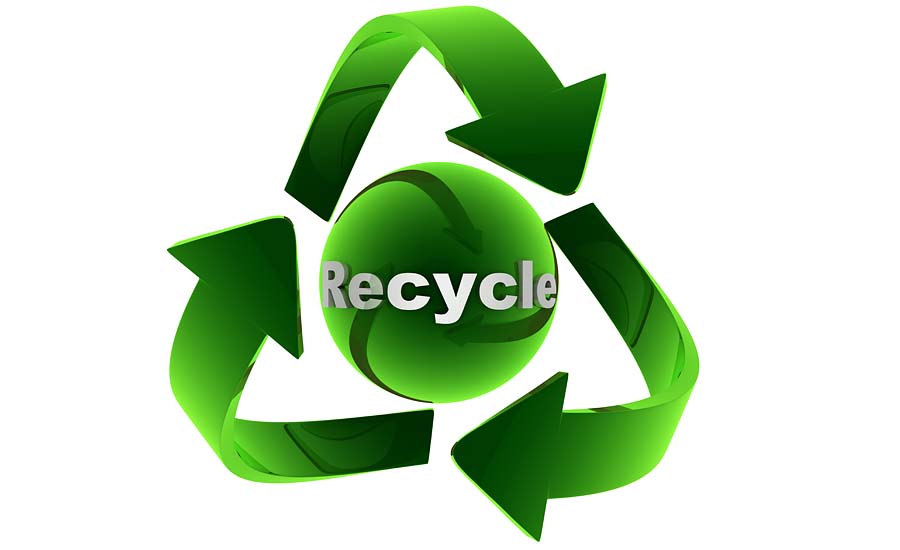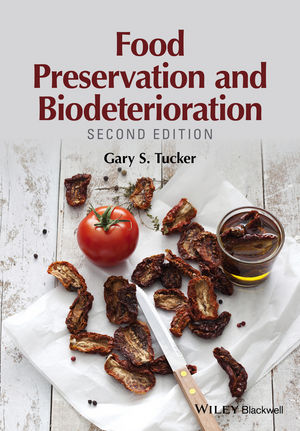Study: RPCs reduce greenhouse gas emissions by 60%
The study evaluated RPC and cardboard box fresh produce shipments in Germany, Spain, Italy, Netherlands and France.

A new study shows that reusable plastic containers (RPCs) emit 60% less CO2 when used for packaging, shipping and storing fresh produce.
The study, “Carbon Footprint of Food Packaging,” compares the carbon footprints of RPCs and single-use cardboard boxes. The study was conducted by Fraunhofer IBP, Germany, for Stiftung Initiative Mehrweg (SIM), the Foundation for Reusable Systems, Germany, in accordance with ISO 14040/44 standards.
The study evaluated RPC and cardboard box fresh produce shipments in Germany, Spain, Italy, Netherlands and France.
Key takeaways include:
- The use of RPCs resulted in 60% lower greenhouse gas emissions compared to single-use cardboard boxes.
- RPCs emitted 15 tons of C02e, while cardboard boxes emitted 37 tons of C02e.
- RPCs’ greenhouse gas emissions advantage over cardboard boxes began with the sixth use of an RPC and grew exponentially with each use thereafter.
Looking for a reprint of this article?
From high-res PDFs to custom plaques, order your copy today!







